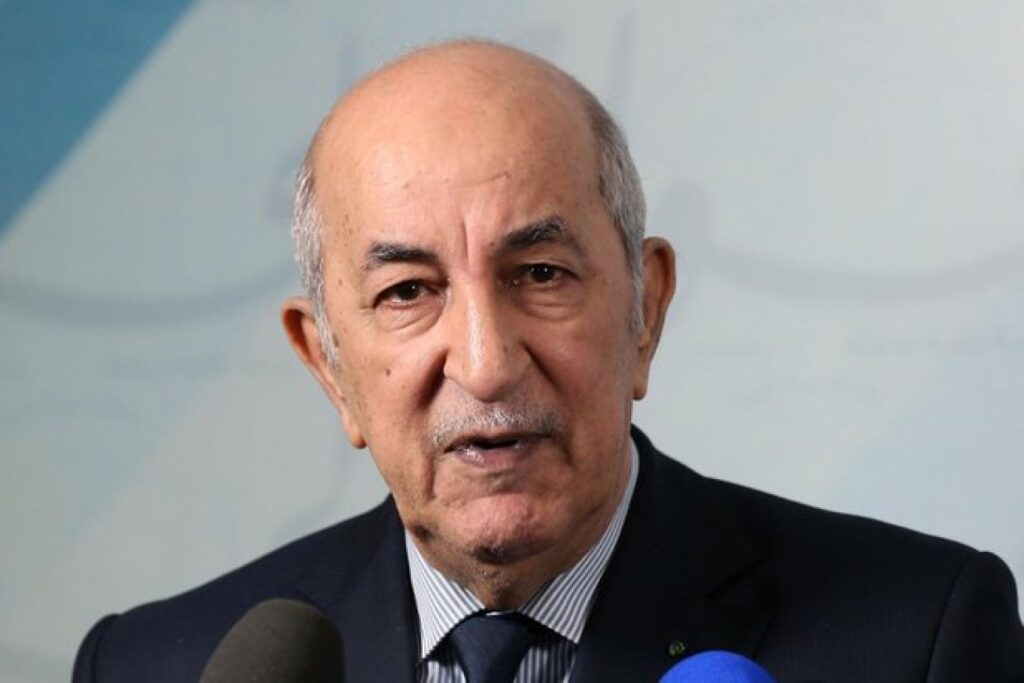President Abdulmadjid Tebboune has been declared the winner of Algeria’s presidential election, securing 95% of the vote, according to official preliminary results. However, the election was marred by allegations of irregularities, including pressure on polling station officials and instances of proxy voting, casting a shadow over the legitimacy of the outcome.
Rival candidate Abdelaali Hassani Cherif’s campaign has disputed the results, claiming the candidate won far more votes than announced. In a joint statement, three presidential candidates, including Tebboune and Cherif, objected to the provisional results, citing ambiguity, contradictions, and vagueness in the electoral commission’s announcement.
The election saw a low turnout of 48%, with fewer than half of registered voters casting ballots. This lack of enthusiasm from the electorate may be attributed to the perceived lack of genuine opposition, as Tebboune faced only nominal challenges from Hassani Cherif, a moderate Islamist, and Youcef Aouchiche, a moderate secularist, both running with the blessing of Algeria’s powerful establishment.
Tebboune’s re-election means Algeria will likely continue with its current governing program, which includes lavish social spending and economic reforms aimed at strengthening the private sector to create jobs. However, the country still faces significant economic challenges, including high unemployment and inflation, which may have contributed to the low turnout.
The president’s government has also been criticized for its tough approach to dissent and its human rights record, with prominent dissidents jailed and protests curtailed by the COVID pandemic. Tebboune’s foreign policy record is patchy, with Algeria’s efforts to bring stability to the Sahel region and join the BRICS group facing setbacks.
Despite these challenges, Tebboune remains a dominant figure in Algerian politics, and his re-election is unlikely to lead to significant changes in the country’s trajectory. However, the allegations of irregularities and low turnout highlight the need for electoral reform and greater transparency to ensure the integrity of the democratic process.



